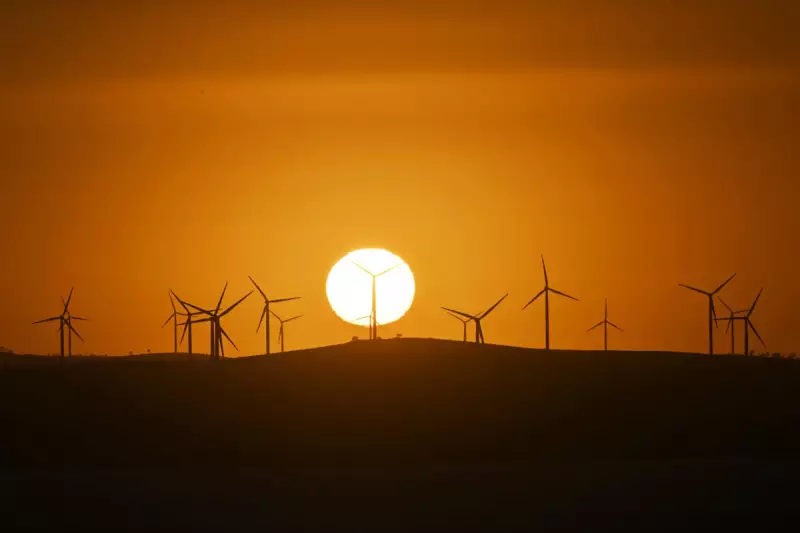
Prime Minister Anthony Albanese's government is facing a blistering wave of criticism over its new climate strategy, with experts deriding it as an 'Oprah-style' publicity stunt that promises everything but delivers little. The plan, aimed at pleasing everyone from industry to environmentalists, has been exposed as dangerously insufficient for meeting Australia's 2030 emissions targets.
A Nation Dangerously Off-Track
Despite lofty rhetoric on the global stage, official projections reveal a stark reality: Australia is not on course to achieve its legislated goal of a 43% emissions cut by 2030. This puts the nation's commitment under the Paris Agreement in serious jeopardy and threatens to isolate it at upcoming international climate negotiations.
The 'Oprah-Style' Strategy: You Get a Car, You Get a Car
Critics have lambasted the government's approach, comparing its broad, unfocused promises to Oprah Winfrey's famous giveaways. The strategy attempts to placate fossil fuel interests, manufacturing, and green groups simultaneously, resulting in a policy described as 'everything to everyone' but ultimately lacking the substance and direction needed for genuine decarbonisation.
Sectoral Strategies Fall Short
The government's much-vaunted sectoral plans—covering everything from agriculture to heavy industry—have been revealed as fundamentally inadequate. Key areas such as transport and manufacturing show little to no projected emissions reductions, raising serious questions about the feasibility of the entire strategy.
Key Failures Identified:
- Inadequate Modelling: The plans rely on optimistic assumptions rather than concrete, funded policies.
- Industry Favoured Over Climate: Concessions to major polluters undermine overall emissions goals.
- Missing Roadmaps: Crucial sectors lack detailed pathways to achieve their share of the burden.
International Reputation on the Line
This failure to present a credible climate plan doesn't just have domestic consequences. As Australia prepares for COP29, its standing as a serious global partner on climate change is diminishing. The gap between promise and reality threatens to damage diplomatic relations and trade, particularly with allies who are accelerating their own green transitions.
The Albanese government now faces a critical choice: double down on its current, failing strategy or undergo a radical course correction to implement the tough, transformative policies that tackling the climate crisis genuinely requires.





